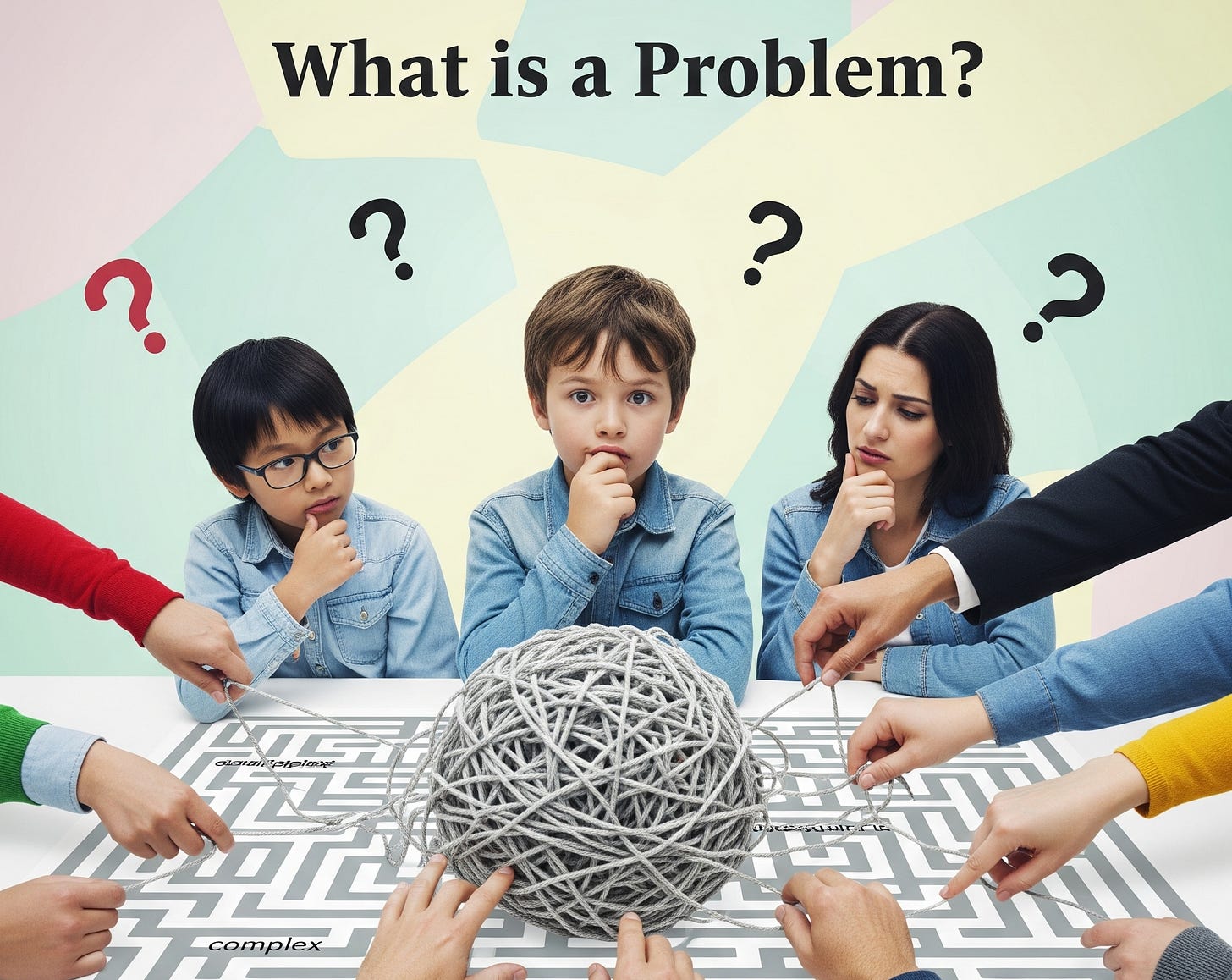According to the Business Dictionary, a problem is “a perceived gap between the existing state and a desired state, or a deviation from a norm, standard, or status quo.” While many problems can have multiple solutions (i.e., ways to close the gap or correct the deviation), difficulties arise when those solutions are not immediately obvious or readily accessible.
In business, problems tend to recur when we fail to address their root causes. The Chartered Institute of Internal Auditors identifies three basic categories of problem causes:
Physical Causes – e.g., a material component fails.
Human Causes – e.g., someone makes an error.
Organizational Causes – e.g., a faulty process, policy, or system.
In complex systems, most problems do not stem from a single root cause. Instead, they are multifactorial, with causes spanning across people, structures, and systems.
If you’re Nigerian, you might be tempted to add a fourth category: “Spiritual forces” or simply “bad luck.”
And honestly, you’re not alone. I, too, sometimes wonder about the invisible hand of misfortune. But here’s the reality: wherever ‘spirits’ exist, they often act through the physical, human, or organizational channels we ignore.
So, pray, yes, but also probe. Ask: “What did misfortune take advantage of? What weak link allowed it to pass through the cracks?
According to Geitner & Bloch (2012), physical failures typically result from the following:
Faulty design
Material defects
Fabrication or processing errors
Assembly or installation defects
Off-design or unintended service conditions
Maintenance deficiencies
Improper operation or usage
Each of these technical causes, if not anticipated or mitigated, can lead to repeated failure, downtime, or worse.
Problem-solving is not just a technical or managerial function; it’s a life skill. It becomes even more essential when you are leading others, as people look to you not only to identify issues, but also to resolve them sustainably.
Whether you’re managing a business, a team, a household, or just your own life, your capacity to identify root causes and act on them often determines whether you grow or repeat the same cycles.



